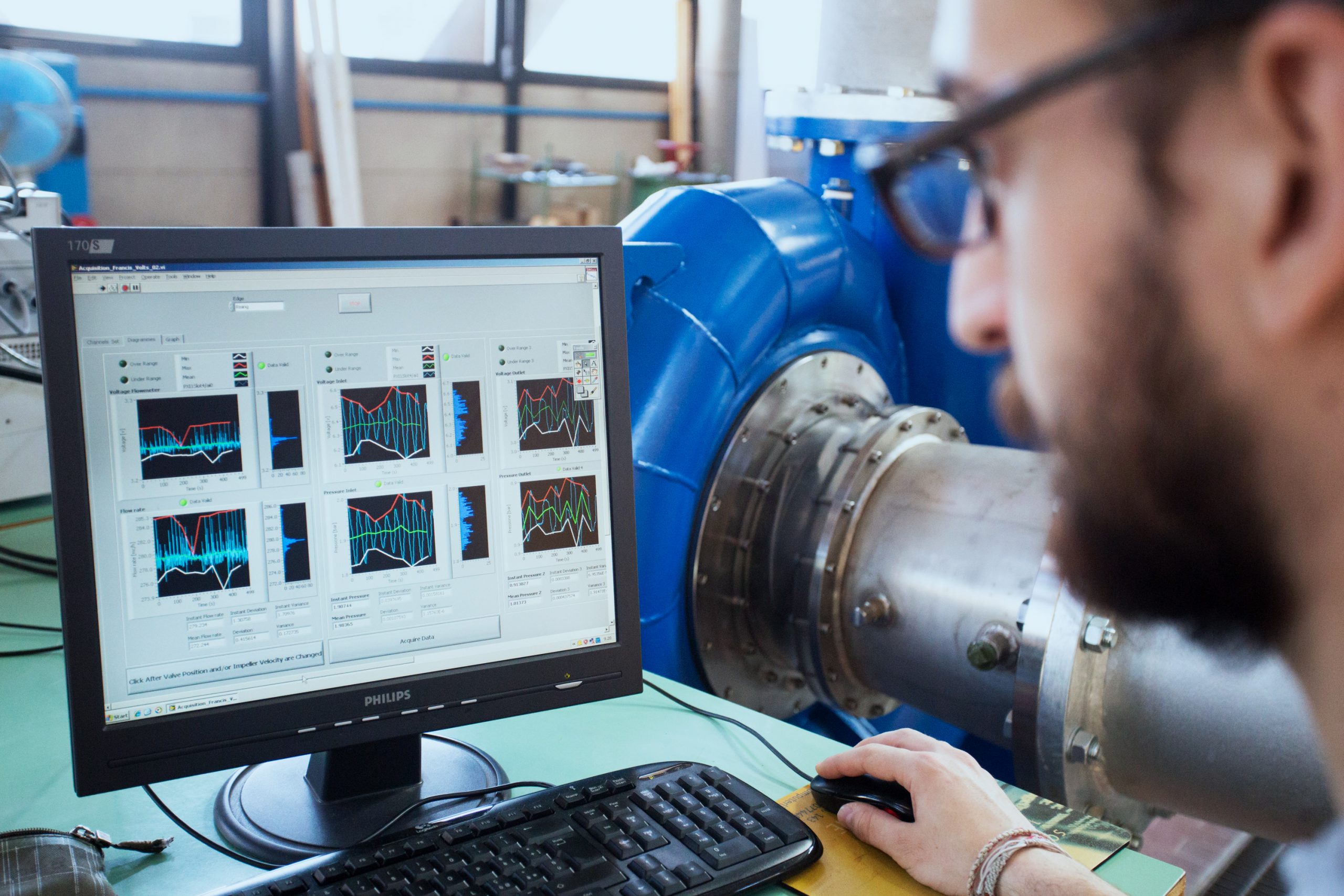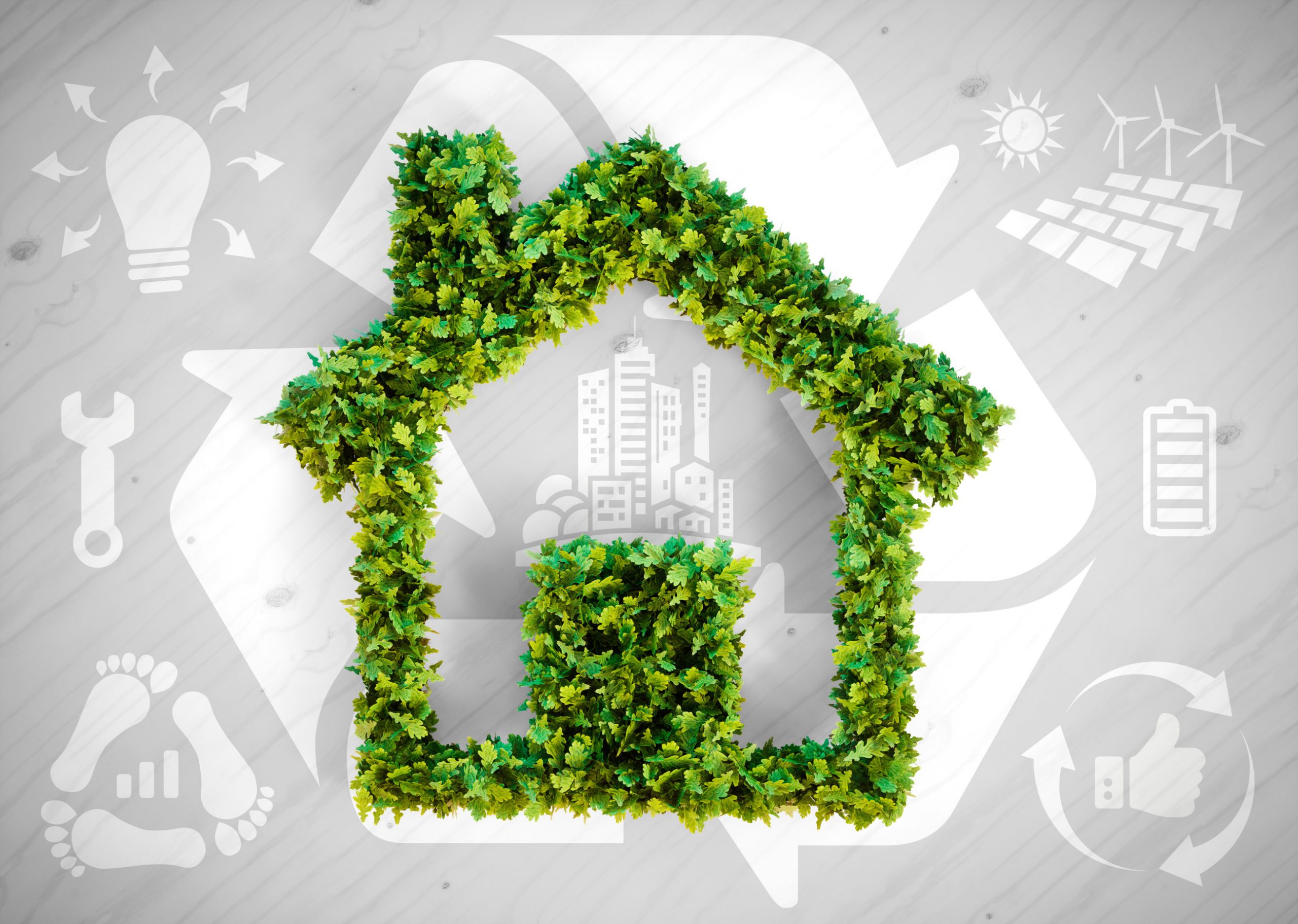Bachelor’s degree
The Bachelor’s degree has two curricula:
Energy curriculum and Electrical curriculum.
ENERGY CURRICULUM
The Energy curriculum emphasizes the transformations and utilization of energy in its thermal,chemical and mechanical forms by exploring on one hand the potential and peculiarities of their use and on the other hand the development of machines for energy conversion and energy plants using these machines and related technologies. Above all, we provide the methods for understanding the phenomena and their transposition into the design and management phases of industrial and civil processes.
ELECTRICAL CURRICULUM
The Electrical curriculum has as specific objective the formation of an engineer who possesses an adequate competence aimed at the correct use and management of electrical energy and the realization, redefinition and extension in the traditional areas of use of electrical machines, systems and electrical plants and generators of new conception.
Occupational opportunities
The Energy Engineering graduate will be able to find employment:
– In companies producing, distributing and managing energy (renewable sources, electricity, natural gas, petroleum products).
– In professional firms that deal with civil and industrial plant engineering (hydraulic, thermal, electrical) or environmental impact assessments.
– In municipal companies, industrial companies that are self-producers of energy or that have significant energy consumption (figure of the energy manager).
– In companies producing equipment for the use of heat and cold or for energy conversion (pumps, turbines, endothermic engines, boilers, heat exchangers, refrigeration systems and heat pumps, electrical equipment, etc.).


From Bachelor to Master’s degree
The course of study gives access, without integrations involving the acquisition of additional training credits, to the International Master’s Degree in Electrical Energy Engineering (it is suggested to follow the Electrical curriculum) and to the International Master’s Degree in Energy Engineering (it is suggested to follow the Energy curriculum). Access to other Master’s degree programs may be conditional on integration of skills.


